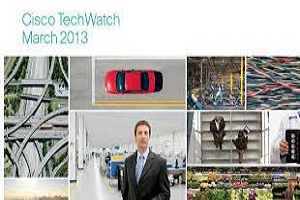March 19, 2013
Survey: Work and poor management biggest cause of stress
 Work is the most stressful factor in people’s lives with one in three people (34 per cent) saying their work life was either very or quite stressful – and the top cause (32 per cent) is frustration with poor management. Research commissioned by Mind found work more stressful than debt or financial problems (30 per cent) or health (17 per cent). However, employees don’t believe that managers are actively tackling causes of stress in the workplace, with only one in five people saying they felt their line manager took active steps to help staff manage stress (22%) or mental health conditions (19%).
Work is the most stressful factor in people’s lives with one in three people (34 per cent) saying their work life was either very or quite stressful – and the top cause (32 per cent) is frustration with poor management. Research commissioned by Mind found work more stressful than debt or financial problems (30 per cent) or health (17 per cent). However, employees don’t believe that managers are actively tackling causes of stress in the workplace, with only one in five people saying they felt their line manager took active steps to help staff manage stress (22%) or mental health conditions (19%).





 Less than half of organizations worldwide actively apply the basic elements of a health management programme, with just a third having a formal strategic plan for health and wellness. This is according to Mercer’s Talent Barometer research which explores key accelerators of talent effectiveness – education, health and wellness, and career experience – and their impact on successful workforce practices. While employers are investing in talent, with 60 per cent of organizations increasing spending in this area in recent years, only 24 per cent say their current plans are highly effective in meeting immediate and long-term human capital needs.
Less than half of organizations worldwide actively apply the basic elements of a health management programme, with just a third having a formal strategic plan for health and wellness. This is according to Mercer’s Talent Barometer research which explores key accelerators of talent effectiveness – education, health and wellness, and career experience – and their impact on successful workforce practices. While employers are investing in talent, with 60 per cent of organizations increasing spending in this area in recent years, only 24 per cent say their current plans are highly effective in meeting immediate and long-term human capital needs.
 Amidst all the controversy over flexible working raised by the infamous Yahoo homeworking ban comes US research revealing homeworking policies lead to happier employers and employees. 93 percent of employees surveyed by
Amidst all the controversy over flexible working raised by the infamous Yahoo homeworking ban comes US research revealing homeworking policies lead to happier employers and employees. 93 percent of employees surveyed by 















March 15, 2013
Where flexible working employees really want to work? Starbucks.
by Mark Eltringham • Comment, Facilities management, Technology, Workplace
More →